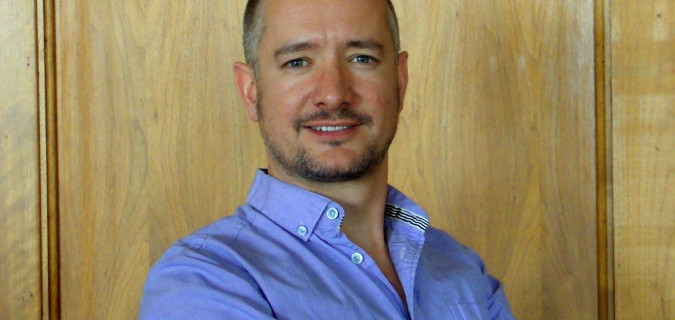Robert Munro is the CEO and founder of Idibon, driving the company’s vision, decisions, and overall strategic direction. Outside of work, he has learned about the world’s diversity by cycling more than 20,000 kilometers across 20 countries, mostly through the mountains. Follow him @WWRob.
What’s the single best piece of business advice that helped shape who you are as an entrepreneur today, and why?
The right time to start that venture that you have been thinking of is now. I have seen many people with great ideas decide to wait before taking the plunge. They wanted more money in the bank before taking a risk, more career experience, or another degree. If you are waiting for the right moment, you will probably find that you have too much to lose when that moment comes around.
The only exception might be if you think that the market isn’t ready. I saw this in my industry 5-10 years ago, when it was too soon for a startup to be focused on intelligent language processing. With the explosion of information on social media, our market is now rapidly growing and ready to support innovative new companies in a number of product areas. The experience of starting a company ‘too early’ might still help your future venture when the market conditions are more favorable.
What’s the biggest mistake you ever made in your business, and what did you learn from it that others can learn from too?
The biggest mistake I made after my first promotion is one that I still try to avoid to this day. I was a 19-year-old student when I was asked to help run the bar where I was working at night, in part because I was one of the few people who got along with everyone who worked there. And I tried to continue to get along with everyone.
In my new role, people were unhappy about their day-to-day duties, timetabling, and any number of factors outside of my control. I now know that it was more important to be fair than to be everyone’s friend, and this ultimately made me a better leader.
I see this problem a lot: Startup founders are learning to be leaders at the same time as they are learning to be adults. Whether it is staffing or interacting with clients/users, I would advise young entrepreneurs not to lose direction by trying to make everyone happy.
What do you do during the first hour of your business day and why?
I clear my backlog before the company-wide standup we have every morning. I don’t want to divide my attention when getting the pulse of the team.
What’s your best financial/cash-flow related tip for entrepreneurs just getting started?
Find someone who might buy your product/service and discover/refine the underlying value proposition. Whether it is money, time, health or something less tangible, what do they perceive as the benefit from what you are providing? The quickest path to getting a revenue stream is knowing what motivates your potential users.
Quick: What’s ONE thing you recommend ALL aspiring or current entrepreneurs do right now to take their biz to the next level?
Expand your language support. What languages do your clients speak? Especially in the tech sector, there will be an English bias that creates opportunities to help an under-served population many of your competitors might be blind to.
What’s your definition of success? How will you know when you’ve finally “succeeded” in your business?
We will have succeeded when speakers of all languages can enjoy rich interactions with technology; when an Amharic speaker can ask their cellphone for directions; when a Hausa speaker can send an email knowing that his communications won’t be mislabeled as spam; when a speaker of Bahasa Indonesia can use a search engine for health information with the same accuracy and experience as any other person.
Most importantly, success for us is when we demonstrate that there is an economic incentive to support all these languages as technology keeps advancing.













